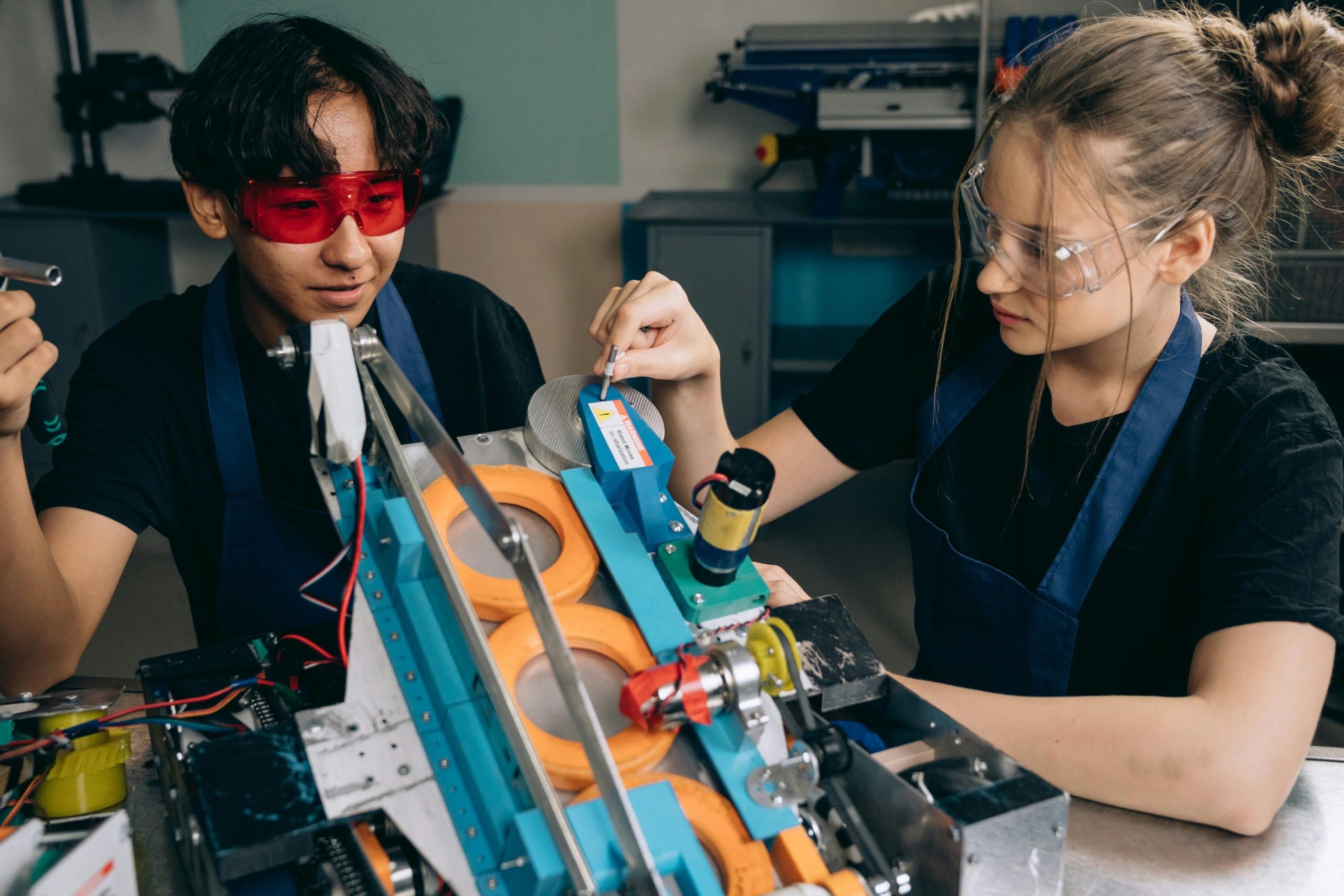Title: “Why ‘F Students’ Could Be Tomorrow’s Innovators”
In the world of education, certain labels can easily define, and sometimes confine, a student’s identity. Terms like “A-student,” “B-student,” and particularly “F-student” carry significant weight. Yet, recent discussions around these classifications have sparked a conversation about potential and creativity, arguing that those labeled as “F students” might just hold the key to future innovation. In this article, we dive into the world of unconventional learners, exploring how perceived academic failure can be the birthplace of creativity, resilience, and invention.
The Traditional Classroom vs. Creative Minds
The traditional education system prioritizes standardized testing and rote memorization, often overlooking individuality and the diverse talents students possess. A significant number of students struggle within this rigid framework for various reasons—learning disabilities, personal challenges, or simply a mismatch between their learning style and teaching methods. Sometimes these “F students” are innovators in disguise, bursting to explore ideas that don’t fit neatly into the paradigms set by curriculum boards.
Consider some of history’s greatest inventors and thinkers—Albert Einstein, Thomas Edison, and Steve Jobs. Their academic journeys were riddled with struggles and failures, yet these very setbacks ignited the flames of creativity and innovative thinking. This shows that traditional grading systems do not necessarily gauge one’s potential to innovate or contribute to society.
The Traits of ‘F Students’ Who Become Innovators
1. Resilience
One of the most crucial traits seen in many “F students” is resilience. Students who face academic failure often develop a unique ability to bounce back from setbacks. This resilience serves as a power-up in the real world, where failure is often the first step to success. The tenacity learned from overcoming academic hurdles can empower these individuals to pursue their dreams, tackle obstacles, and navigate the challenging terrain of entrepreneurship and invention.
2. Creativity
Many “F students” think outside the box. Their thought processes may be unorthodox compared to more conventional learners, leading them to develop unique solutions to problems. Such creativity is often sidelined in traditional education that prizes conformity. However, in fields like technology, arts, and design, creative thinkers are indispensable. These students may have ideas that don’t conform to traditional standards, yet those same ideas could redefine industries.
3. Diverse Perspectives
“F students” often come from a variety
